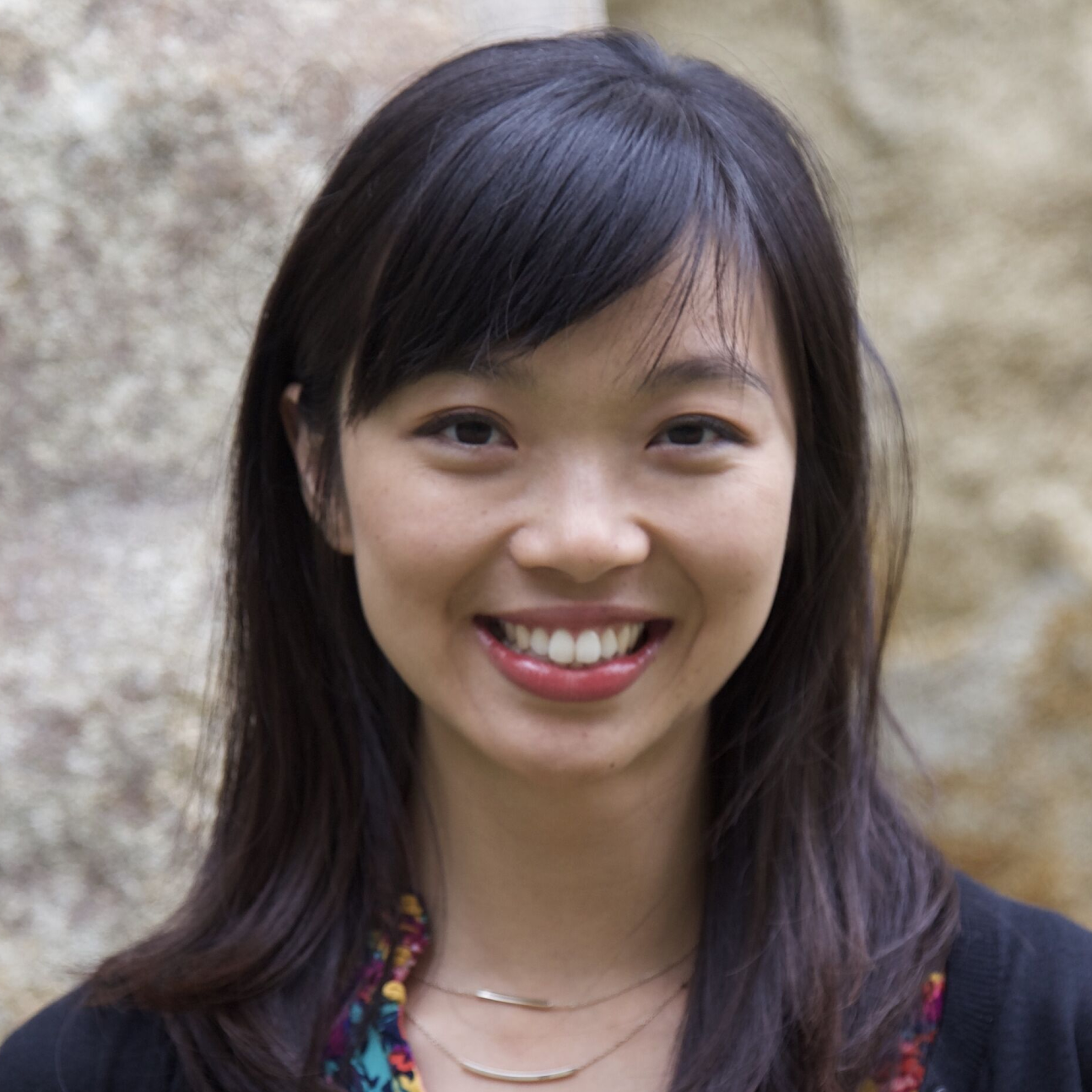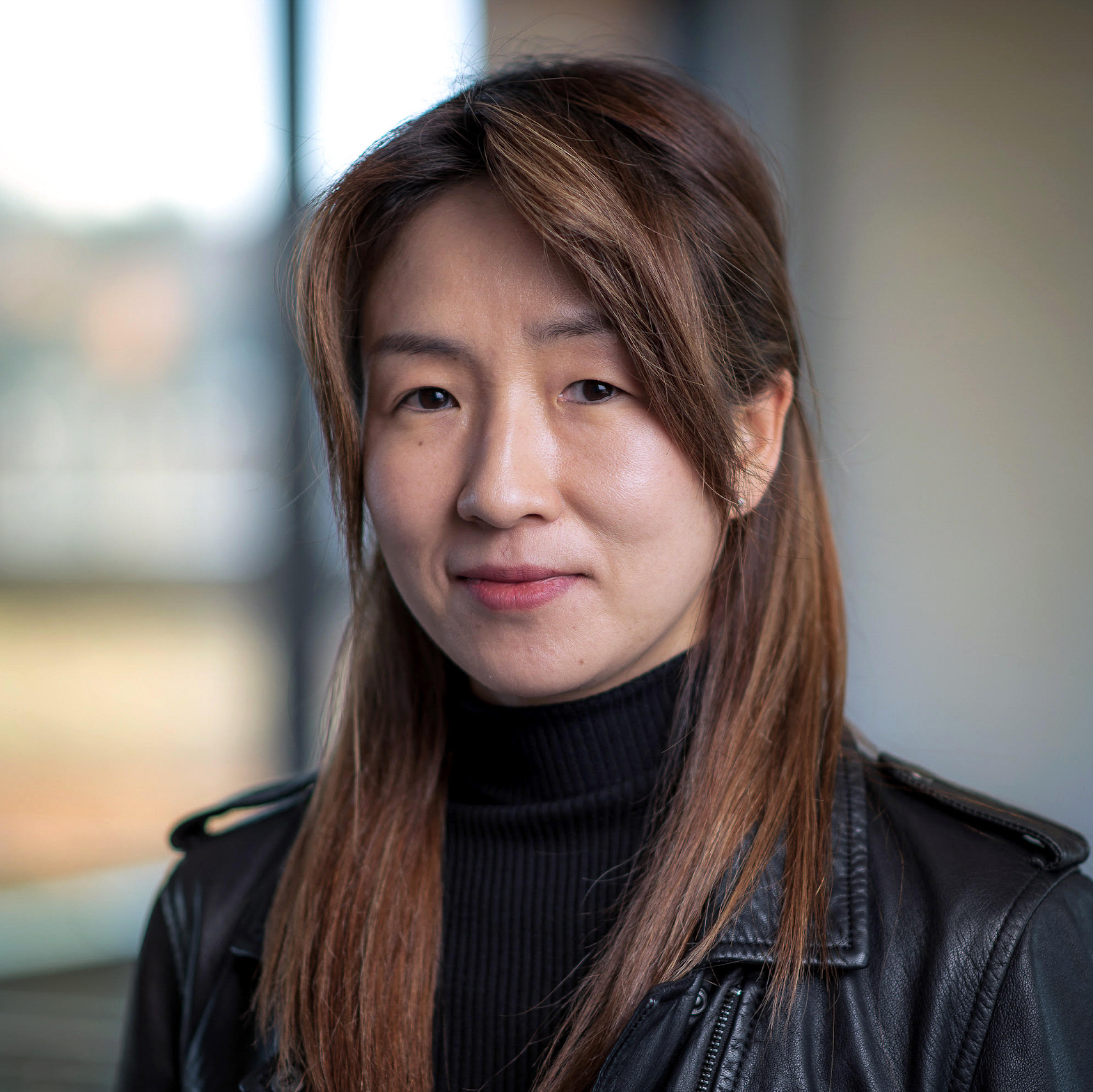Bridging AI and Cognitive Science (BAICS)
International Conference on Learning Representations (ICLR)
April 26, 2020
@baicsworkshop · #BAICS2020
Invited Speakers
 |
Judy Fan is an Assistant Professor of Psychology at the University of California, San Diego. The goal of her research is to reverse engineer the human cognitive toolkit, especially how people use physical representations of thought to learn, communicate, and create. Towards this end, her lab employs converging approaches from cognitive science, computational neuroscience, and artificial intelligence. |
 |
Leslie Kaelbling is a Professor at MIT. She has an undergraduate degree in Philosophy and a PhD in Computer Science from Stanford, and was previously on the faculty at Brown University. She was the founding editor-in-chief of the Journal of Machine Learning Research. Her research agenda is to make intelligent robots using methods including estimation, learning, planning, and reasoning. She is not a robot. |
 |
Maithilee Kunda is an Assistant Professor of Computer Science and Computer Engineering at Vanderbilt University. Her work in artificial intelligence, in the area of cognitive systems, looks at how visual thinking contributes to learning and intelligent behavior, with a focus on applications for individuals on the autism spectrum. |
 |
Kimberly Stachenfeld is a neuroscientist at DeepMind studying computational neuroscience and machine learning. Her research focuses on (1) the neural mechanisms for learning relational structure in service of efficient reinforcement learning and (2) how to get machines to do something similar. |
 |
Laura Schulz is a Professor of Cognitive Science MIT, where she is the Principal Investigator of the Early Childhood Cognition Lab. She studies how our commonsense understanding of the physical and social world is constructed during early childhood by investigating 1) how children infer the concepts and causal relations that enable them to engage in accurate prediction, explanation, and intervention; 2) the factors that support curiosity and exploration, allowing children to engage in effective discovery and 3) how these abilities inform and interact with social cognition to support intuitive theories of the self and others. |
Panelists
 |
Yejin Choi is an Associate Professor at the Paul G. Allen School of Computer Science & Engineering at the University of Washington and also a senior research manager at AI2 overseeing the project Mosaic. Her recent research focus on commonsense knowledge and reasoning, neural language generation, and language grounding with vision. She was a recepient of Borg Early Career Award (BECA) in 2018, among the IEEE’s AI Top 10 to Watch in 2015, a co-recipient of the Marr Prize at ICCV 2013, and a faculty advisor for the Sounding Board team that won the inaugural Alexa Prize Challenge in 2017. |
 |
Alison Gopnik is a professor of psychology and affiliate professor of philosophy at the University of California at Berkeley. She is a world leader in cognitive science, particularly the study of children’s learning and development. Alison is especially interested in how children learn about the causal structure of the world—how some things make other things happen. Her lab explores how children learn by observing statistical patterns, doing experiments and watching the experiments of others. |
 |
Josh Tenenbaum is a professor in the Department of Brain and Cognitive Sciences at MIT, a principal investigator in the Computer Science and Artificial Intelligence Lab (CSAIL), and a research leader in MIT’s Center for Brains, Minds, and Machines. Josh works at the intersection of computational cognitive science, developmental psychology, neuroscience, and artificial intelligence to investigate how the mind works. |
 |
Emmanuel Dupoux is a full professor at the Ecole des Hautes Etudes en Sciences Sociales (EHESS), directs the Cognitive Machine Learning team at the Ecole Normale Supérieure (ENS) in Paris and INRIA (www.syntheticlearner.com) and is currently a part time scientist at Facebook AI Research. Emmanuel's research focuses on the mecanisms and representations specific to the human brain that allow the human baby to acquire one or several languages and become cognitively functional in his or her culture. |